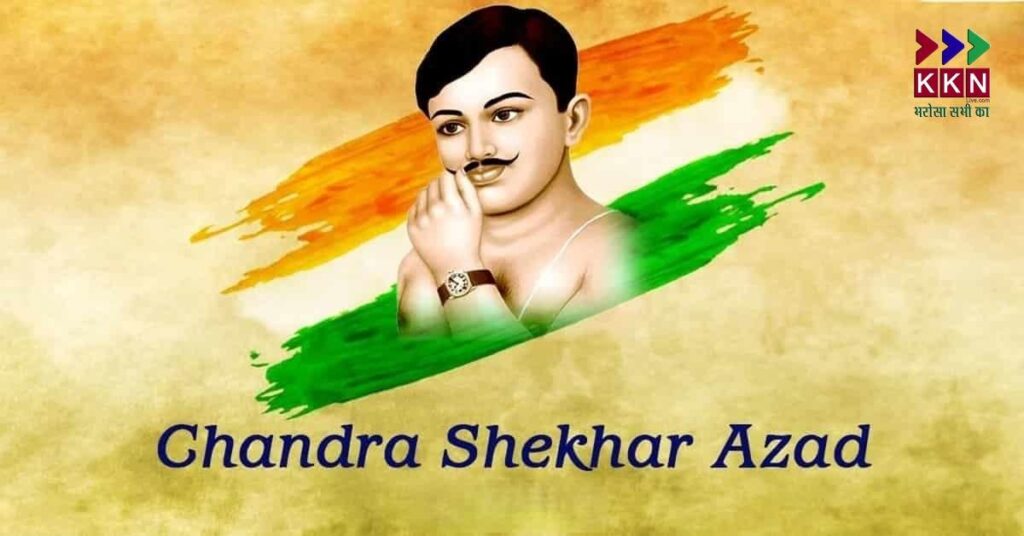
A political controversy has erupted in India after Congress leader Udit Raj expressed agreement with former Trump adviser Peter Navarro’s remarks on Brahmins benefiting from Russian oil imports. Navarro, a close ally of former U.S. President Donald Trump, alleged that Brahmins were profiteering at the cost of ordinary Indians. His comments sparked a heated debate, and Udit Raj supported the claim, saying that powerful corporate houses in India were indeed making huge profits.
Udit Raj Agrees with Peter Navarro
Speaking to India Today, Udit Raj said he fully agreed with Navarro’s statement. According to him, Russian oil purchases have created an unequal system in India, where the benefits are concentrated among a handful of corporate houses.
He said most of these corporates are run by upper-caste groups, particularly Brahmins and other so-called privileged communities. They buy crude oil from Russia at discounted prices, refine it, and then sell it domestically at much higher prices.
Raj stressed that common Indians are not benefiting from these deals. Instead, the profits are being pocketed by powerful industrial groups, leaving ordinary citizens burdened with rising costs of living.
Concerns Over Corporate Control
The Congress leader highlighted another issue: the dominance of upper-caste communities in Indian corporate structures. He argued that backward castes and Dalits remain excluded from large-scale entrepreneurship due to long-standing social discrimination.
Raj said that because of systemic barriers, it may take another century before marginalized communities can establish corporate houses of their own. He claimed that Navarro’s assessment was “factually correct” and difficult to dismiss.
This statement adds another layer to the ongoing debate about caste, wealth, and power in India’s corporate landscape.
Navarro’s Remarks on Indian Leadership
Peter Navarro, who served as Trump’s trade adviser, made his comments during an interview with Fox News Sunday. He praised Prime Minister Narendra Modi as a great leader of the world’s largest democracy but questioned India’s foreign policy decisions.
Navarro said he could not understand why Modi was cooperating closely with Russian President Vladimir Putin and Chinese President Xi Jinping. According to him, this cooperation raises questions about India’s global alignment.
He also urged Indian citizens to recognize what he described as profiteering by Brahmins at the cost of ordinary people. Navarro insisted that this practice should be stopped immediately.
Navarro’s Focus on Russian Oil
Navarro claimed that discounted Russian oil imports have created a loophole in India’s energy market. He argued that elite business groups purchase crude oil cheaply, refine it, and then sell it at significantly inflated rates.
According to him, this business model benefits only a narrow section of Indian society. Meanwhile, millions of ordinary people face higher fuel and food prices because of inflationary pressures linked to global oil markets.
Navarro’s criticism has not only focused on caste but also on what he sees as India’s unwillingness to pass benefits to its citizens.
Udit Raj’s Broader Critique
Udit Raj’s agreement with Navarro’s comments fits into his broader political positioning. A long-time Dalit leader, Raj has consistently highlighted issues of caste-based inequality in India’s economy and politics.
By linking the Russian oil trade to Brahmin dominance in corporate houses, Raj sought to underline systemic inequalities. He said that while India is buying oil at discounted rates, ordinary citizens are not getting cheaper fuel or essential commodities.
He accused large business houses of cornering profits and leaving the poor without relief. Raj also criticized the government for failing to ensure equitable distribution of benefits from international trade deals.
The Caste Angle in Economic Debates
The debate triggered by Navarro and Raj is not just about oil. It reflects a deeper conversation about caste and economic power in India.
Critics argue that India’s corporate world remains heavily dominated by upper-caste groups, who control capital, networks, and policy influence. On the other hand, backward castes and Dalits often struggle with limited access to capital, education, and markets.
Raj’s remarks attempt to bring attention to these inequalities. He suggested that without structural reforms, marginalized groups may remain excluded from India’s economic growth for generations.
Navarro’s History of India Criticism
Peter Navarro has frequently targeted India in recent years. During Trump’s presidency, he was at the center of trade disputes between Washington and New Delhi. His emphasis on tariffs and trade protectionism often created friction with India.
After leaving office, Navarro has continued to criticize India’s trade and foreign policy decisions. His latest remarks about Brahmins and Russian oil are part of this pattern, though they have sparked stronger reactions because of their focus on caste.
His intervention has been controversial because it mixes economic analysis with social commentary on India’s internal dynamics.
Political Reactions in India
Udit Raj’s support for Navarro’s claims has predictably triggered sharp political reactions. The ruling BJP has accused him of echoing foreign criticism to attack Indian interests. They argue that India’s decision to buy Russian oil is driven by national interest, not caste-based profiteering.
Other Congress leaders have so far avoided commenting directly, leaving Raj’s statement as a personal opinion rather than an official party position. However, his remarks are likely to intensify debates within opposition circles about caste representation in business and politics.
Observers suggest that Raj’s comments could appeal to sections of Dalit and backward caste voters who feel excluded from India’s economic growth story.
Impact on India’s Image Abroad
Navarro’s remarks, amplified by Raj’s agreement, also carry implications for India’s global image. At a time when India is asserting itself as a global power, such debates can be used by critics abroad to question its internal social harmony.
However, supporters of India’s current policies argue that energy security requires pragmatic decisions. They claim that India cannot ignore affordable oil supplies from Russia, especially when global energy prices are volatile.
According to them, linking these strategic decisions to caste politics oversimplifies complex realities.
The debate sparked by Peter Navarro and reinforced by Udit Raj is complex. On one hand, it raises valid questions about whether corporate profits from Russian oil imports are benefiting ordinary Indians. On the other hand, it exposes the persistence of caste inequalities in Indian economic structures.
Navarro’s framing of the issue in terms of Brahmin profiteering has made the controversy more sensitive. Udit Raj’s endorsement of this perspective adds political weight and ensures the issue will remain part of public debate.
As India prepares for upcoming elections and navigates global energy challenges, this controversy underscores the intersection of caste, economics, and foreign policy. It also shows how external criticism can merge with internal political agendas, creating debates that go far beyond oil imports.


